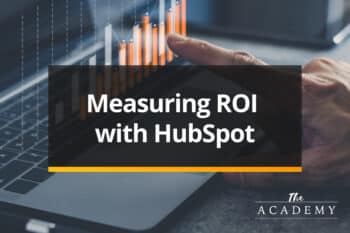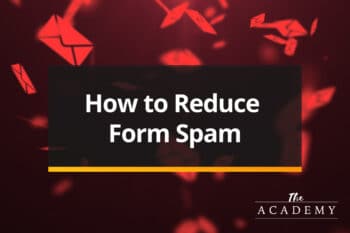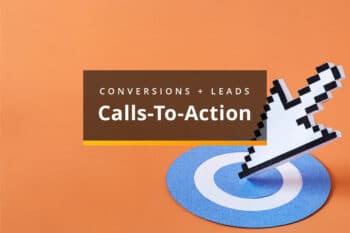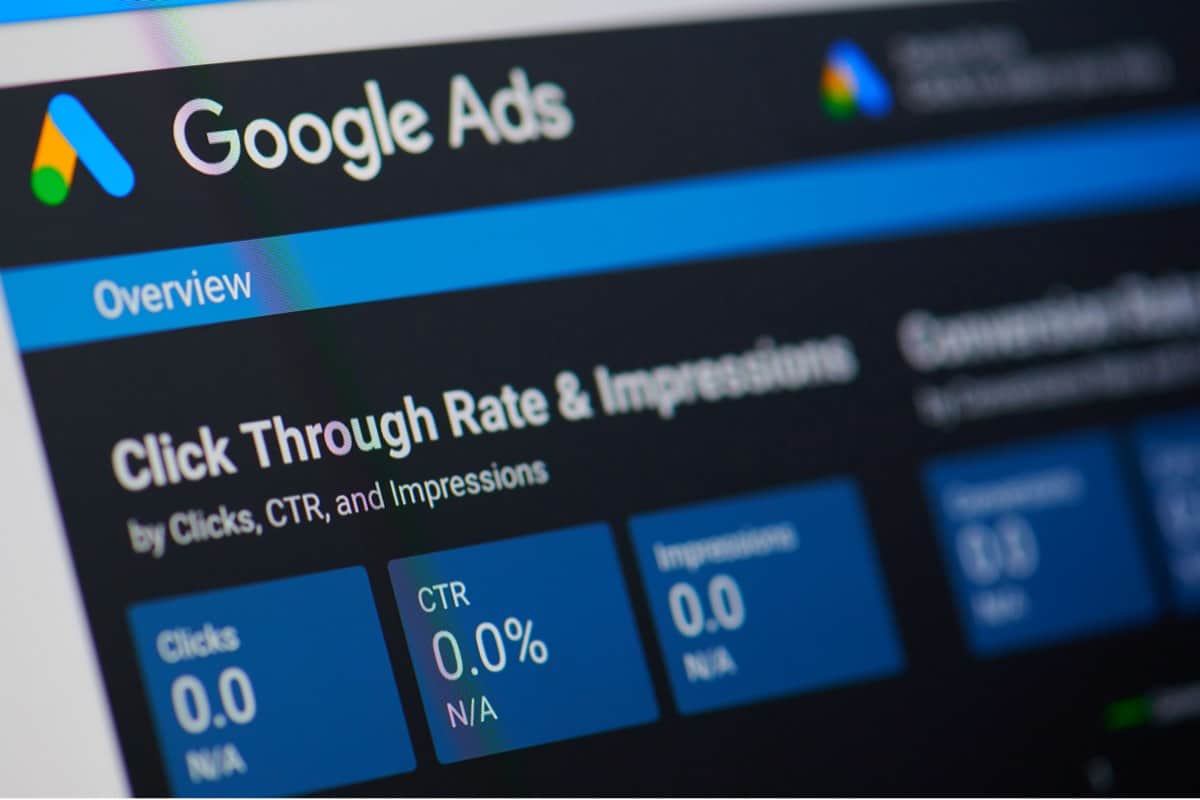
Pay-per-click ads, or PPC ads, drive a massive amount of traffic on the web today. If you want to draw people to your website, social media, or some other location, purchasing PPC ads is a great way to obtain that traffic immediately. Of course, PPC ads aren’t free, so you need a good plan for how you’ll convert this traffic into revenue for your business.
With this article, we are going to dive into the topic of PPC ads and how they can serve your marketing goals. Specifically, we want to talk about the art of writing a good PPC ad and how to improve your copy if your current PPC efforts aren’t yielding the results you desire. This is a big topic with tons of potential, so let’s get started!
What Are PPC Ads?
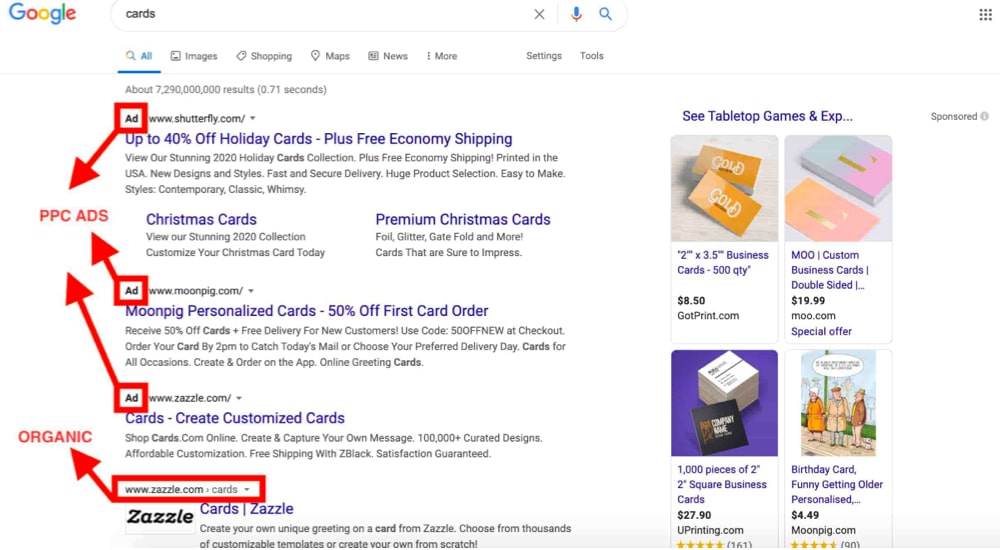
To avoid getting ahead of ourselves, let’s slow down for a moment and clearly define PPC ads. PPC stands for “pay-per-click”, and that’s a perfect description of this type of marketing. When you place a PPC ad, you agree to pay a certain price for every click that your ad receives. Each time a user clicks on your ad, they will be taken to a designated place—often your website, but not always—where you can present them with whatever you are trying to sell or promote.
Given the extreme popularity of PPC ads in various locations around the internet, it’s obvious that they can provide excellent returns for businesses. Here are three quick reasons for the popularity of this marketing medium:
- Control your budget. It’s easy to control your spending on PPC ads, as you can set clear budget limits based on how much you want to spend per click, per day, and more. With a little experience, you can dial in a spending plan that will allow you to work toward your goals without blowing through the funds you have available for this initiative.
- Target your audience. PPC ads are available in many different places, including on Google, Facebook, and many of the other biggest properties on the web. And, once on those platforms, you can dial in the targeting of your ads to put them in front of the people who are most likely to be interested in what you sell.
- Test strategies. More than other forms of marketing, PPC ads make it easy to test out strategies and ideas that you develop within your business. Since you can easily run many different versions of the same ad at the same time, you can test them against each other to see which perform best in the real world.
The Goal of a PPC Ad
You always want to have goals in mind with any marketing effort you make on behalf of your business. It’s particularly important to be goal-focused when running PPC ads, as you are literally paying for every single person that you bring to your site. Without a goal in mind for how you are going to use these ads, and what you will get out of it in return, you’d just be wasting valuable resources.
It would be easy enough to say that the goal of a PPC ad is to get people to click on the ad and see the information that you would like to present. But that view is a little too simplistic. To have your campaigns effectively lead to a positive return on your investment, you’ll need to keep two primary goals in mind:
- The right people. You don’t want to simply accumulate as many clicks as possible when running PPC ads. This is a common mistake when people are just getting started with paid ads; they try to get as many clicks as possible, no matter what. That will lead to a lot of wasted ad spend. Instead of targeting maximum clicks, you want to instead aim for as many clicks as possible from the right people. That means internet users who are within the ideal demographic for your products or services. We’ll talk more later about how to use the available tools to make sure you are getting the best possible clicks.
- The right time. Not only do you need to get clicks from the correct people, but you’ll also need to confirm that those clicks are coming from people who are at the right point along the buying journey. If you are sending your clicks to a sales page, for example, you will need people who are near the end of the funnel and ready to make a purchase. Even if you find people in the right demographic, if those people are higher in the funnel and not yet ready to buy, some of your spend might be wasted on those clicks when they are unlikely to convert. This is another topic we’ll touch on again later in the article.
To keep it simple, you can remember these two goals when running PPC ads: 1.) finding the right people 2.) at the right time. If you do that, you should be on track to find success with your campaigns. Of course, there are other things to keep in mind, like comparing your total investment in PPC ads to the return you get on that investment, and how much you are spending in this area as compared to other marketing options. At the start, however, you can simply think about getting the right people at the right time, and you can refine your campaigns from there as you gain experience.
PPC Ad Copy: What Works?
There is enough to say about writing PPC copy to write an entire book, and to be sure, there are plenty of books available on this very topic. So, it is far beyond the scope of this article to offer a complete overview of how to write great ads in this medium, but we can introduce you to the basics. So much of writing good ads comes down to experience and practice, so read through these pieces of advice and then get down to work on a few ads of your own.

As a starting point, you want to keep in mind one key rule…you need to tell people to do something. In the business, this is called a “call-to-action” or “CTA”, and you may already be familiar with this concept from things you have written for your website or social media channels. You don’t just want to introduce people to your products or services, you want to tell them exactly what to do when they see the ad. Here are a few basic examples:
- Click here for a free estimate
- Buy today to save $100
- Contact our team for more information
This list could go on and on, and the call-to-action you use will depend on what you are selling and how you are selling it. No matter what the details look like, make sure each of your ads includes a direct action for the user to take. This step alone will go a long way toward helping you get better results from your ad campaigns.
Every PPC ad is going to have a headline, and writing that headline correctly is another important skill. As a general rule of thumb, you want the headline to match up nicely with what the user was looking for when they found your ad. So, in other words, the keywords you are targeting should be present in some form in the headline. This will greatly improve your relevancy and help you get more impressions.
Beyond headlines and calls-to-action, another important element of your ad is getting your message across in a limited space. You won’t be able to write long paragraphs in a standard PPC ad; you only have a couple of short lines of space to make your pitch. That means you don’t want to waste space with an introduction or too much flowery language. Rather, you want to get to the point. Lead with your strongest benefit, such as a discount offer, free shipping, or something similar.
PPC Ad Problem Solving & Continuous Improvement
Even if you put a lot of time and effort into writing great ads, it’s still likely that you’ll need to make some changes and improvements once the ads are live. Often, these improvements relate to what is known as the Quality Score assigned to each of your ads (if you are running ads on Google). If you have a bad Quality Score, you will have trouble getting impressions for your ads—meaning they won’t show up on search results very often—and you’ll struggle to get many clicks as a result. Again here, Quality Score is a big topic with many variables, but some ideas on how to make progress are as follows:
- Be relevant. We talked about relevancy earlier, and one of the reasons it’s important is for your Quality Score. If you are trying to run ads for certain keywords, but the ad copy doesn’t seem to match up with the keywords, your score will suffer. Try rewriting your ads to make them match up as closely as possible with the keywords you want to target.
- Get more clicks. When your ads do get impressions, it’s important for them to draw at least a decent number of clicks. If your ads don’t get clicks, they won’t continue to be shown by Google, as they want to display ads that are going to draw clicks (because that’s how they make money. Improving your call-to-action and making a strong offer are two good ways to get more clicks on each ad.
- Be specific. Trying to target a wide audience with your ads is tempting, but it might ruin your quality score. The issue here is that you won’t get a strong percentage of clicks on a broad search topic, so your ad score will start to decline. Be sure to target focused, niche keywords in addition to the big ones, so you stand a better chance of racking up some clicks along the way.
Taking the Right Approach with PPC
You can easily go down a rabbit hole of trying to optimize every last inch of your PPC ads, and doing so can help you improve profits from these ads. With that said, it’s important to avoid losing the view of the big picture while you are working deep in the weeds on these ads. Most likely, PPC ads are just one part of your marketing game plan, so be sure to serve all areas simultaneously. As you gain experience running some PPC ads regularly, you will build up your knowledge and confidence in this space. Over time, you should find that your returns improve and you are able to make this marketing channel a bigger and bigger part of what you do to grow your business.
Most Popular Articles

Seeing Favicons in Your Google Search Results? Here’s Why…
Have you noticed anything different in your Google Search results lately? Google added tiny favicon icons to its organic search results in January. It was…

Business Growth and Digital Marketing News & Tips 4-14-24
Did you know? It’s five to twenty-five times more expensive to acquire a new customer than to retain an existing one. Increasing customer retention by…

Business Growth and Digital Marketing News & Tips 3-28-24
With the desire for precise measurement tools to determine ROI, there has been a rise in attention metrics. These metrics, which often utilize eye-tracking data,…

